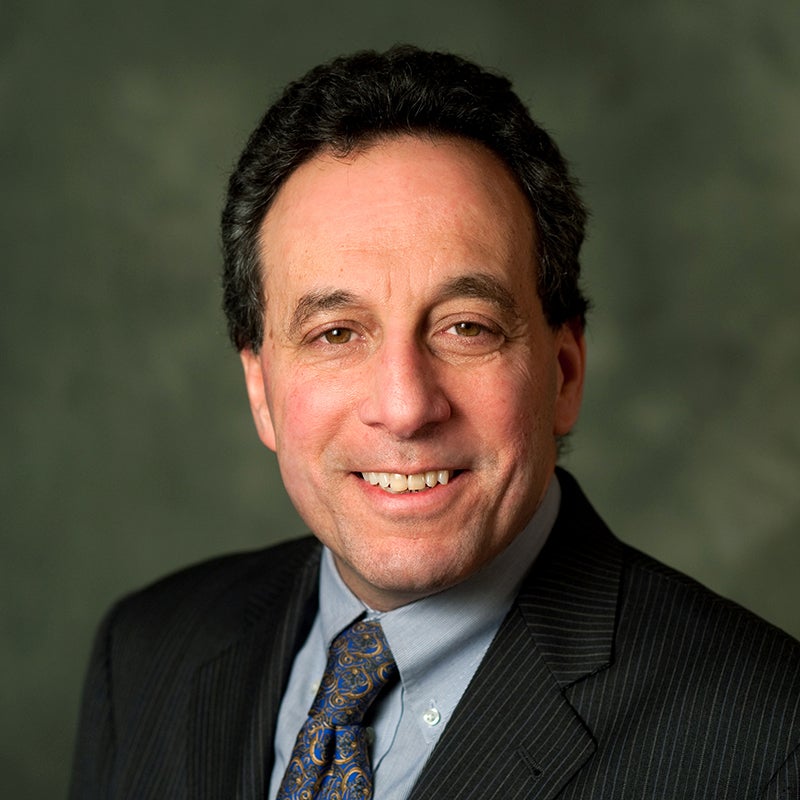September 7, 2020 — New York
The fastest growing population group in Israel continues to lag behind the rest of the country in educational achievement and employment. With an annual birth rate of 4%, more than double the national average, the haredi, or ultra-Orthodox population, currently comprising 12% of Israelis, is projected to reach one-third of the country’s population by 2065.
The long-term implications for Israeli society, and the need to address them, were recognized when the government decided to invest more than NIS 1.6 billion to increase the number of haredim attending colleges and universities. Encouraging more ultra-Orthodox young people to obtain bachelor’s degrees has yielded mixed results.
The Israel Democracy Institute’s Statistical Report on Ultra-Orthodox 2019 found that only 9% of haredi men and 12% of women studied in higher education. And a State Comptroller’s Report in 2019, following up on the impact of the government’s investment in haredim attending programs designed for them at college and universities, noted a high dropout rate. Three-quarters of men, and over half of women, quit before completing their studies.
Beit Berl College, one of Israel’s top colleges of education, has been making strides. “Ninety-nine percent of our haredi students graduate with a bachelor’s of education degree, essential for professional advancement and higher salaries,” says Orit Lehrer Kanfo, director of Beit Berl’s Center for Haredi Educators.
Kanfo has taught at Beit Berl for 20 years. She recalls that the idea for the center began when two haredi men, visiting the campus in 2013, approached her to inquire about a bachelor’s of education degree. Seeing the variety of students, as well as faculty, on the campus, the two men were particularly struck by the presence of Arabs.
“If they can deal with Arabs, they can handle us,” they mused, says Kanfo.
Beit Berl prepares 20% of the teachers in the country’s secular Jewish and Arab schools. To add a program specifically geared for haredi students was a natural extension of the school’s 80-year-old mission, though it required certain accommodation. Ultra-Orthodox students study in their own building, with men and women attending classes separately, and only kosher food is served.
“We respect them, their way of life. We don’t judge them,” says Kanfo. The program is strictly for haredim. “It’s only open to those who studied in yeshivas in high school. Beit Berl is one of the few places where different streams of the Orthodox community come together.”
After a successful pilot class of 35 students, Beit Berl secured Education Ministry approval for the program, and the Center for Haredi Educators was launched in 2014. More than 90% of the students already are working in the civil service sector, in local authorities, in schools affiliated with the ultra-Orthodox section of the Education Ministry. But without a first degree their chances to advance professionally and to earn higher salaries are hindered.
Five hundred Haredi students, 80 of them women, have graduated so far, and 95% of them are teaching and involved in youth work in haredi schools and municipalities.
Beit Berl, located near Kfar Saba, is mostly a commuter school. The haredi students come from Jerusalem, Bnei Brak, Petah Tikva, Elad and Netanya. Some arrange to stay with local families while attending classes.
Haredi students arrive with a handicap in their education. Jewish religious school curriculum focuses almost exclusively on religious education. Math, English, science, geography, computer skills – standard requirements in the rest of Israel’s school system – are not priorities in the yeshivas. At Beit Berl, those subjects, essential for future employment and for advancing in Israeli society, are part of their core studies.
New challenges have emerged since the coronavirus pandemic led to closures of schools. Pronounced inequities in Internet access that have emerged in the United States and many other countries also have come to the fore in Israel.
The IDI study found that 59% of haredim over the age of 20 reported using a computer, compared to 80% among other Jews, in 2017-18. In the same years, 49% of the adult haredi population – both men and women – reported using the Internet.
Most Beit Berl ultra-Orthodox students “have Internet and those who do not can come to the campus,” says Kanfo. “Some students don’t have computers, and Beit Berl arranged to lend them laptops. Others were able to continue their classes virtually in the spring by using their cellphones and a Bezeq conference call system that professors use to lecture to students by phone or computer.
Demographic realities illustrate the urgency for transforming traditional education within haredi communities. More than half of Israel’s ultra-Orthodox community is under age 16, states the IDI report.
Beit Berl is readying another expansion of its program. When the academic year begins in October, an additional 60 students will join the continuing class of 65 haredi students.
The writer is the American Jewish Committee’s director of media relations.



